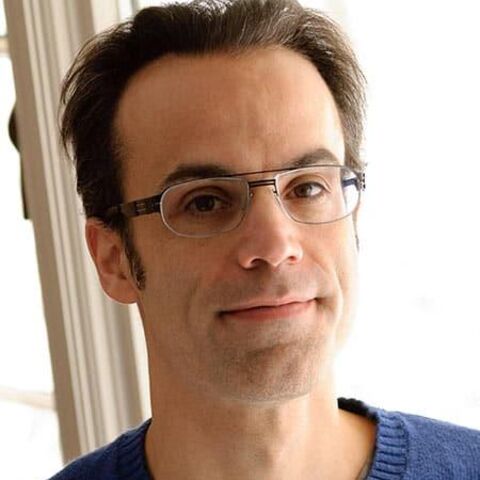Peter Wittich
Professor and Director, Laboratory of Elementary Particle Physics
Elementary Particle Physics
Research
My research involves understanding the most basic building blocks of matter. At this point, we have a pretty good idea what matter is made of (quarks and leptons, at its base), but we don't really understand the relations between the parts or, in the language of particle physics, the symmetries that govern our current best theory. Some of the questions we are struggling with are: What is the origin of mass? Does the Higgs Boson explain it? Why is there a discrepancy between the number of matter and antimatter particles in the universe? What is the reason for the masses of the experimentally observed particles? Are the four forces we know about (gravity, strong, weak, electromagnetic) actually all manifestations of one unified force? How does gravity fit into quantum mechanics?
Understanding these relations is the goal of my current research at the CMS Experiment at the CERN LHC. My group is focused on exploiting LHC data and solving the many hard experimental problems that come up with the ever-increasing energies and event data rates with each new LHC data-taking period. We are a leading group in the CMS track trigger, and are also a leading group in using high-performance computing technologies, such as GPUs, in particle physics reconstruction.
With the discovery of the Higgs Boson in 2012 and the start of data-taking at higher energies, this is a very dynamic time to do particle physics. We’re always looking for new faces, too.
Educational Background
B.S., 1993, Yale University. Ph.D., 2000, University of Pennsylvania. Postdoctoral Fellow, University of Pennsylvania, 2000-2005. Assistant Professor, Physics, Cornell University, 2005-2011, • Alfred P. Sloan Fellow (2007). Associate Professor, Cornell University, 2011-2017. Professor, Cornell University, 2017- present. Laureate, Fundamental Physics Breakthrough Prize (2015)

